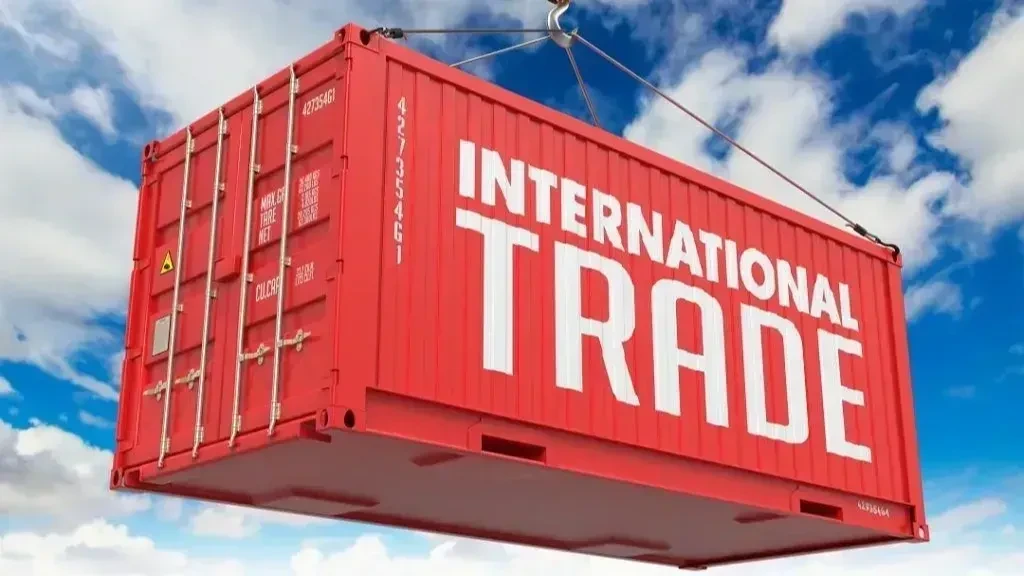Zonal customs bond for transit business ‘better late than never’

NEWS that the East African Community (EAC) secretariat has brokered an EAC Bond, a new regional customs guarantee instrument replacing the need for multiple national bonds when transporting goods across the partner states will be a huge relief. The idea that it has taken nearly 20 years since the customs union took off around 2006 speaks volumes on the gritty pace of service harmonisation, and even then starting off as a bilateral facility upon which others were invited to join. That the consensus is still worked upon was visible as the host EAC secretariat organised the unveiling of the new instrument in Kampala, not at home.
There are numerous areas where bilateral ties among EAC partner states are stronger than multilateral relationships, as harmonisation is still weak even with a customs union, noticed in the ‘stay of execution’ fiat noticed from time to time when national budgets are presented.
Host country and EAC top officials conducted a ceremonial wave-off of the first EAC Bond cargo truck destined for South Sudan and the Democratic Republic of Congo (DRC), sort of implying that the two countries are on board despite not having leading officials at that event. It can hence be said the bond is applicable in all ports and border posts despite the silence.
The key feature about the customs bond is that it enables traders to secure their entire cargo journey with a single bond, an initiative expected to significantly reduce trade costs, ease border delays and free up business capital, on the basis of remarks by the EAC secretary general, the event’s key official.
It is unclear if logistics firms, commercial bank executives, insurance providers and customs officials present were assured it has all been worked out, or there are hurdles to cross. Yes, too often EAC and also SADC partner states burst into bitter quarrels but these days they don’t last long as integration is too advanced; it soon slides back.
What was said overall about adhering to the bond arrangement at its launch wasn’t especially ambitious or conclusive, as the EAC top executive noted merely that Uganda, Kenya and Rwanda have indicated interest to participate in the pilot phase. This would have dismayed a broad section of interested parties so it had to be assuaged somewhat, with an observation that a full rollout is expected to progressively include the breadth of EAC partner states via the various customs authorities. It is implicit, and hopefully this is the case, that the issue is closed at the level of accepting it in principle, but the particulars are worked out bilaterally.
Additionally, it also arises that this initiative is a prolongation of the digital shift or e-government mechanisms generally, as customs bond compliance will be tied to automated systems linked with customs and cargo tracking networks.
This way all movements will be monitored, making the bond a ‘fail safe’ financial guarantee providing assurance that the government can recover duties or taxes if a trader fails to comply with rules set out on transit cargo and the load is thus chargeable as provided for in customs regulations. When this is made certain, the lack of doubt is likely to ease its adoption in ports other than those of countries represented at the signing, or strictly speaking those who have expressed interest.
Traders moving goods from a port to destinations far inland, crossing borders, will no longer be required to post separate bonds or cash deposits at every border crossing, a practice that ties up capital and inflates trade costs. Even if this is a withholding facility, returned when the load lands safely in destination, the bureaucracy of ensuring compliance with transferring such funds can also be forbidding. Definitely it isn’t the easiest way of doing business.
Top Headlines
© 2025 IPPMEDIA.COM. ALL RIGHTS RESERVED

















